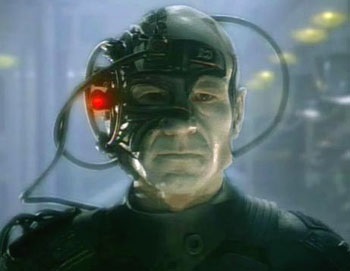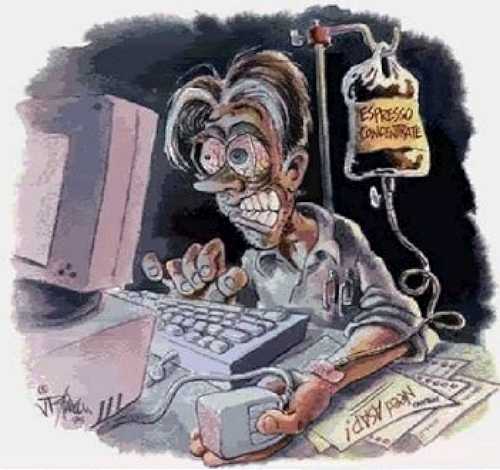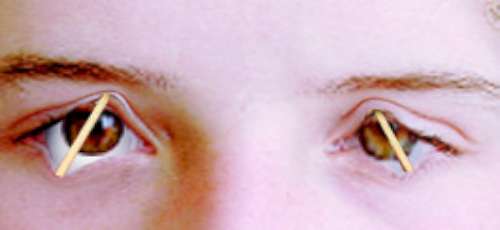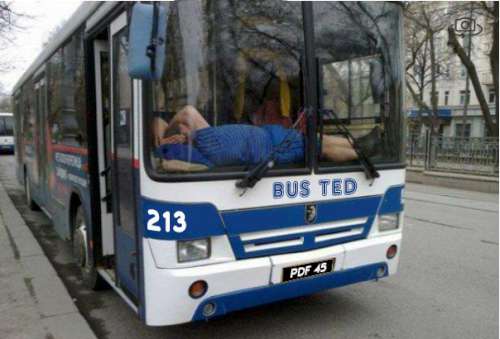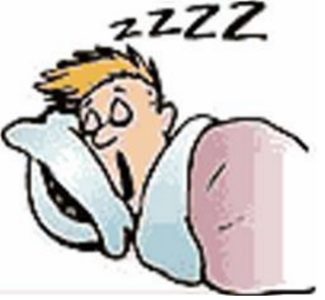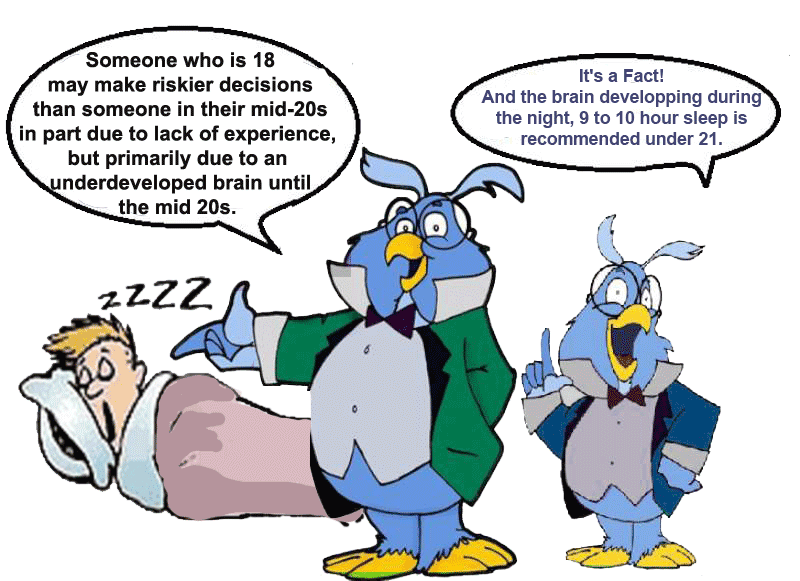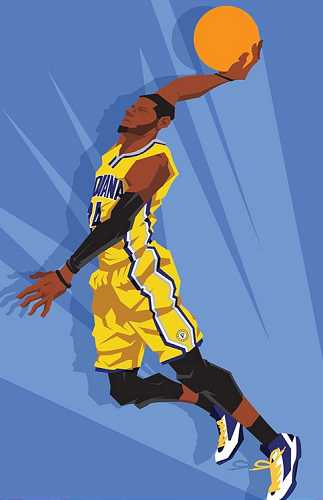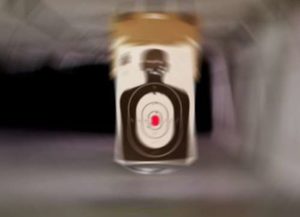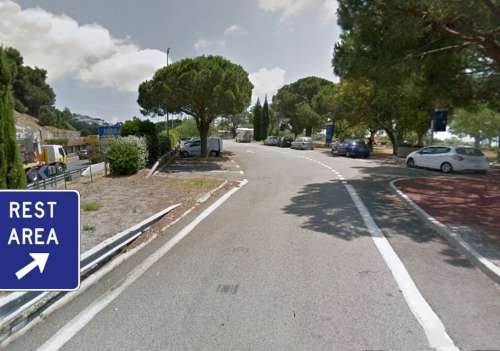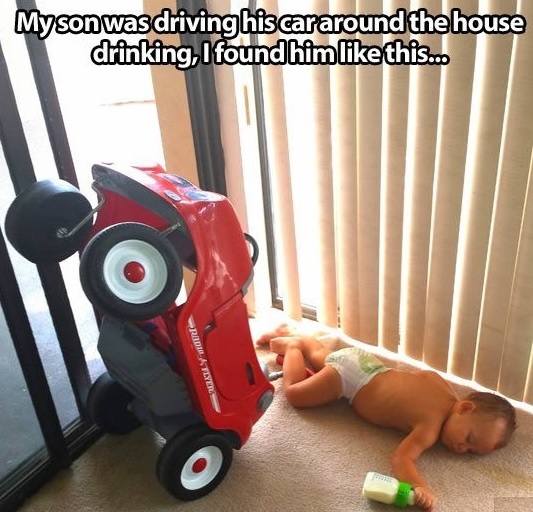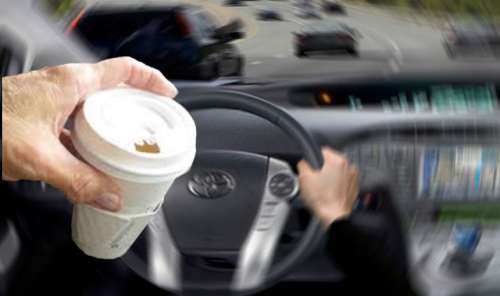The danger of drinking caffeinated drinks:
Motorists who drive long distances have been warned that drinking caffeinated drinks can similarly affect their driving as alcohol.
Would you believe it?
The research has shown that just an hour after drinking a highly caffeinated and sugared drink, tired drivers can experience serious lapses in concentration and slower reaction times as the drink wears off. The American Food and Drink Administration has attributed symptoms such as irritability, nervousness, irregular or rapid heartbeat, muscle twitching, and rambling speech to what it terms ‘caffeine intoxication’.
Energy drinks are good as a quick fix but they’re no substitute for regular breaks. Having a high-caffeine drink is a one-off hit.
You can’t repeat it, as this type of drink does not produce the same effect in a couple of hours.


